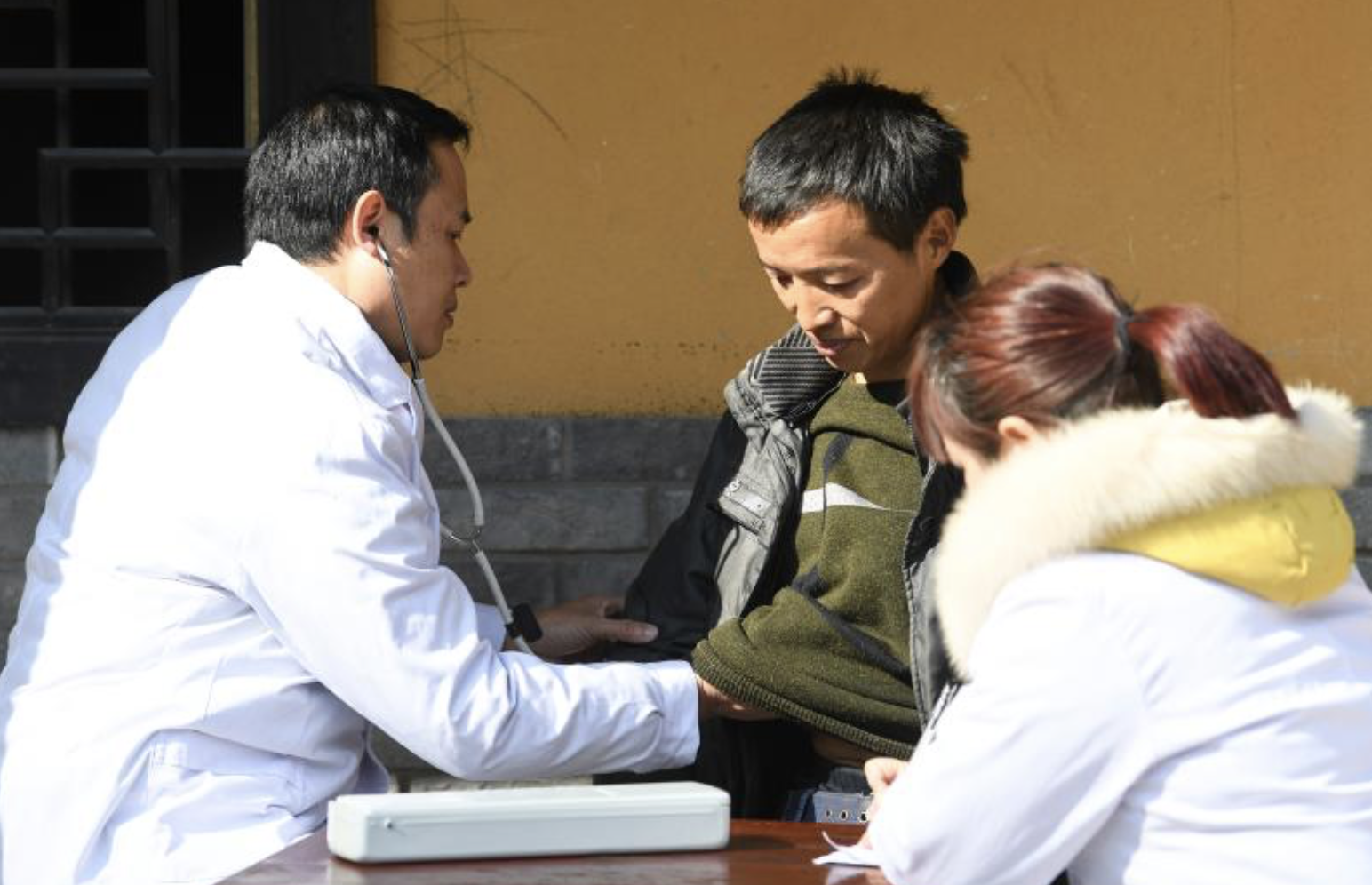This study examines how China’s long-term care insurance (LTCI) affects hospital expenditures among disabled individuals ineligible for benefits, addressing a gap in existing research. Using a difference-in-difference approach with data from pilot cities and the China Health and Retirement Longitudinal Study (2011-2018), researchers constructed a theoretical model based on household production theory. Results show LTCI implementation reduced hospitalizations, total inpatient expenditure, and out-of-pocket costs for ineligible disabled individuals, with stronger effects in urban and middle-aged populations. The study confirms three mechanisms—output effects, health effects, and formal care substitution—operate through both positive and negative pathways. These findings support expanding LTCI nationwide in China and provide policy guidance for developing long-term care systems in other middle-income and developing countries.


